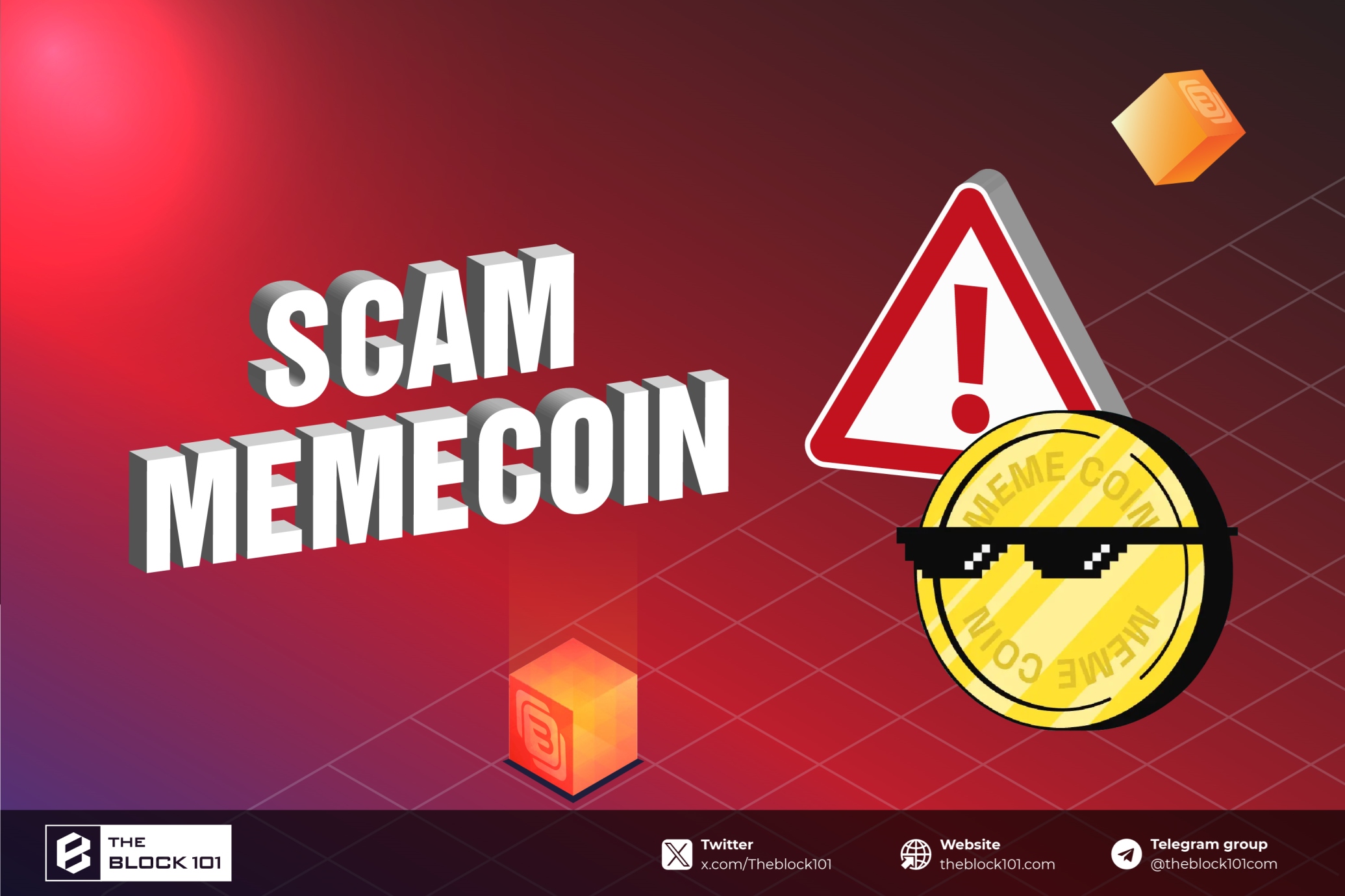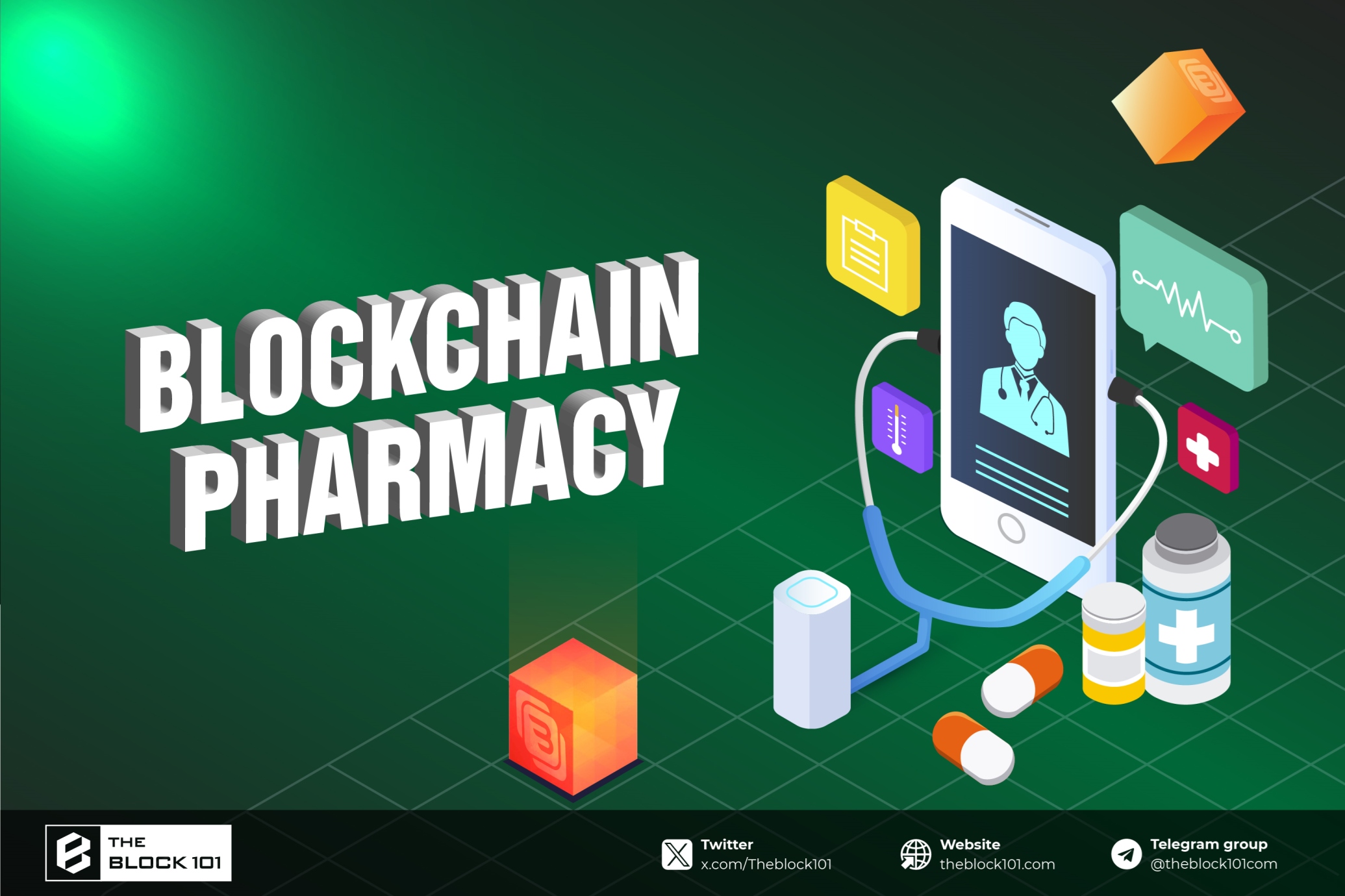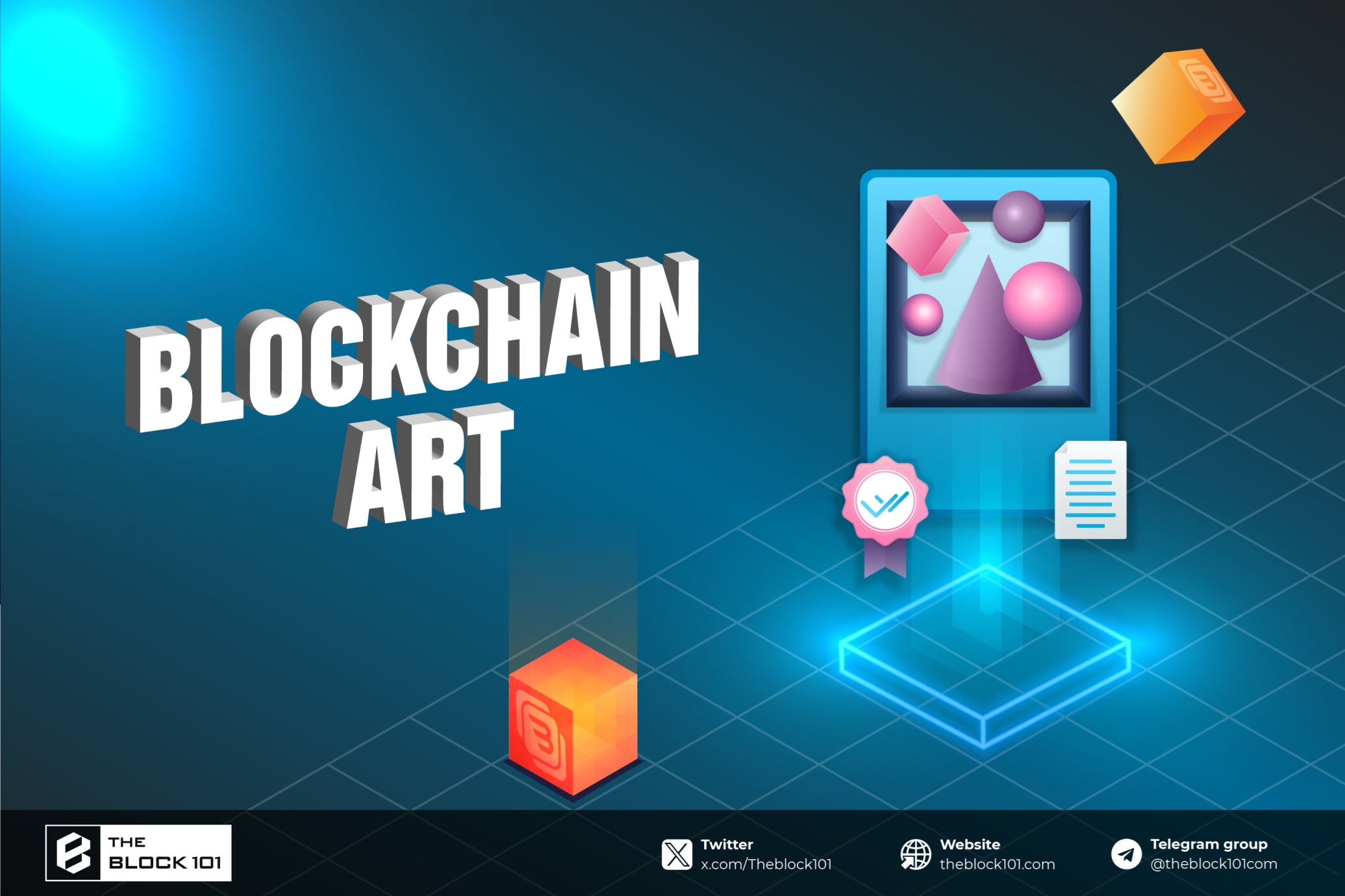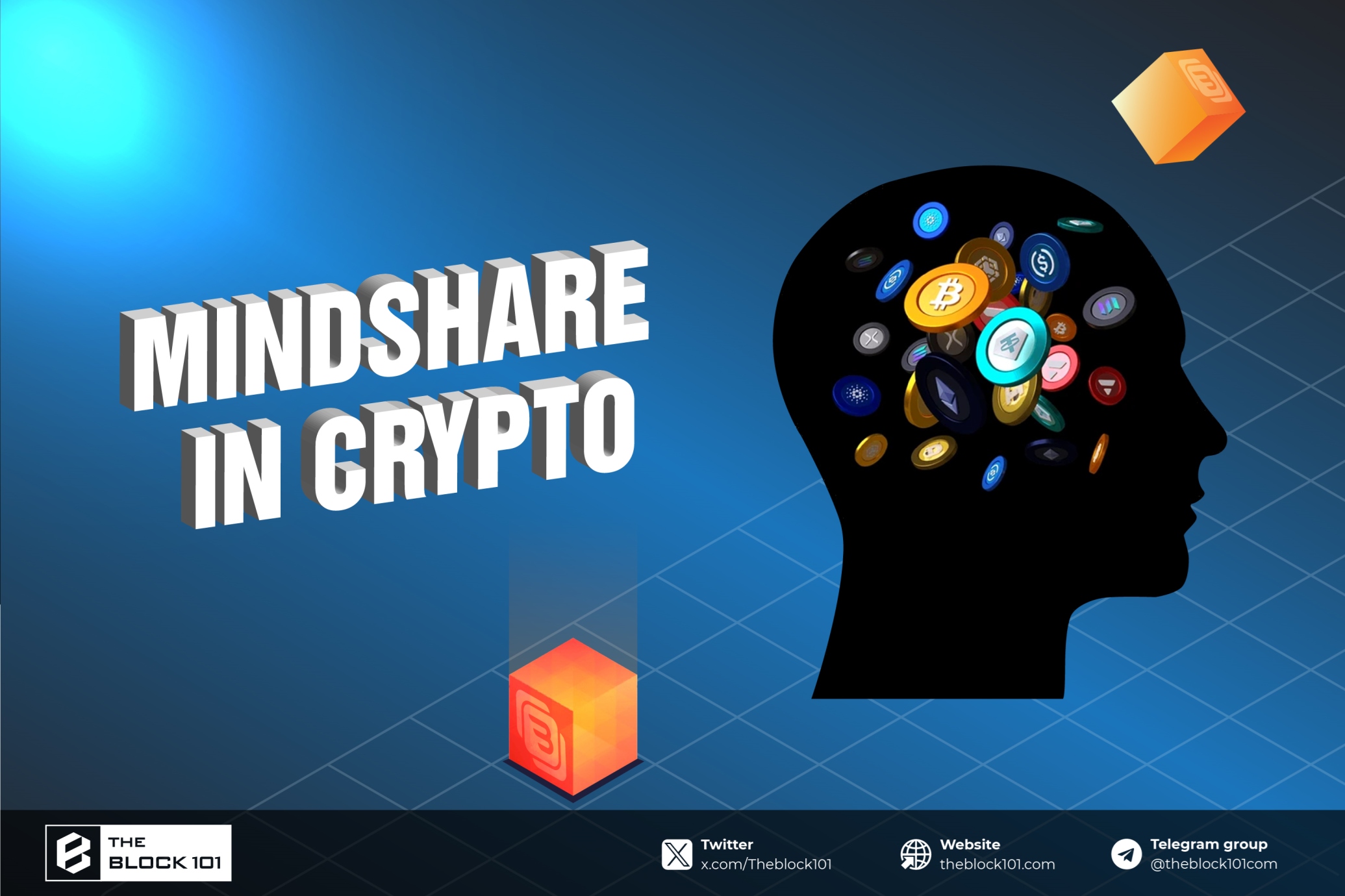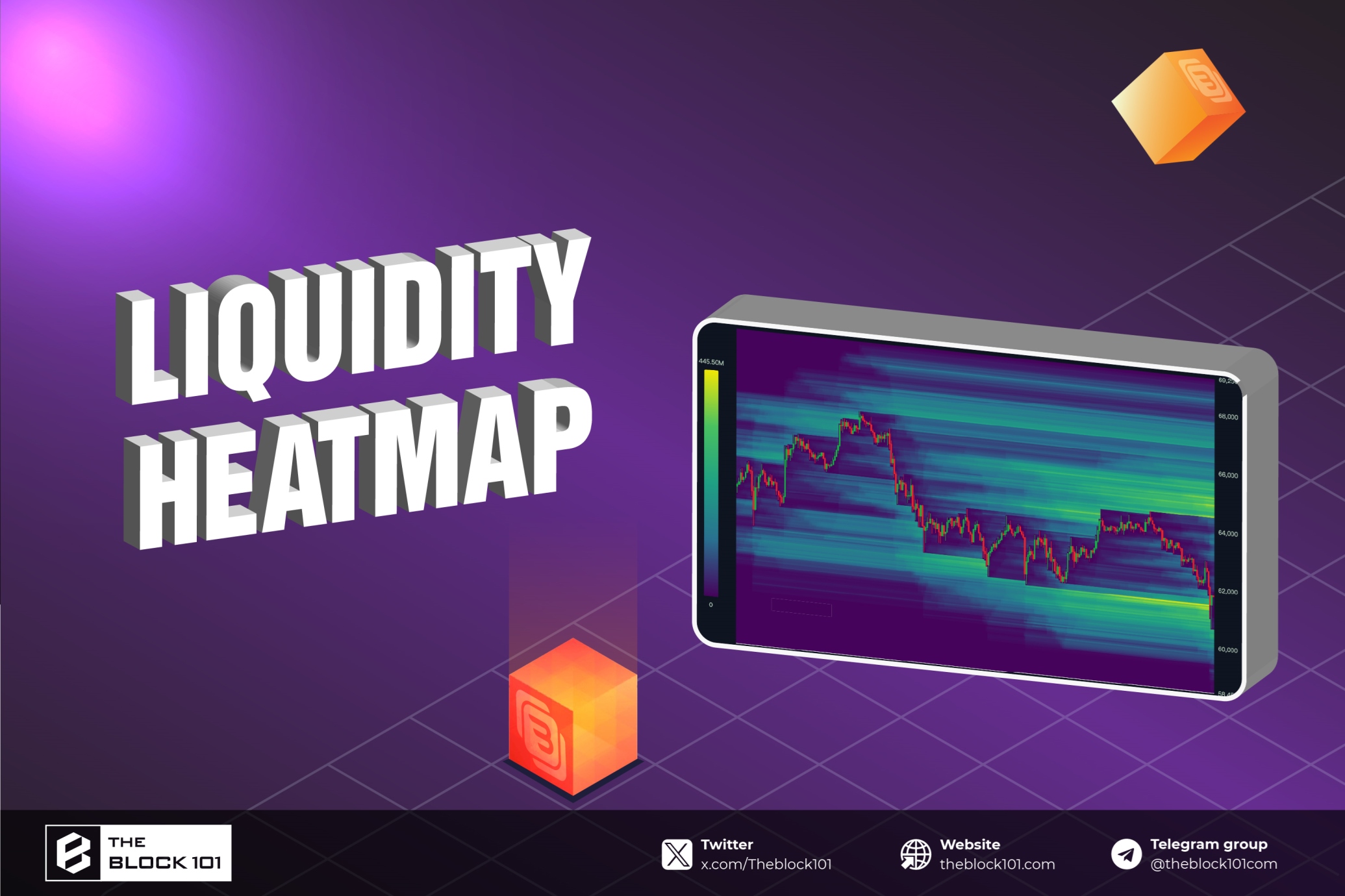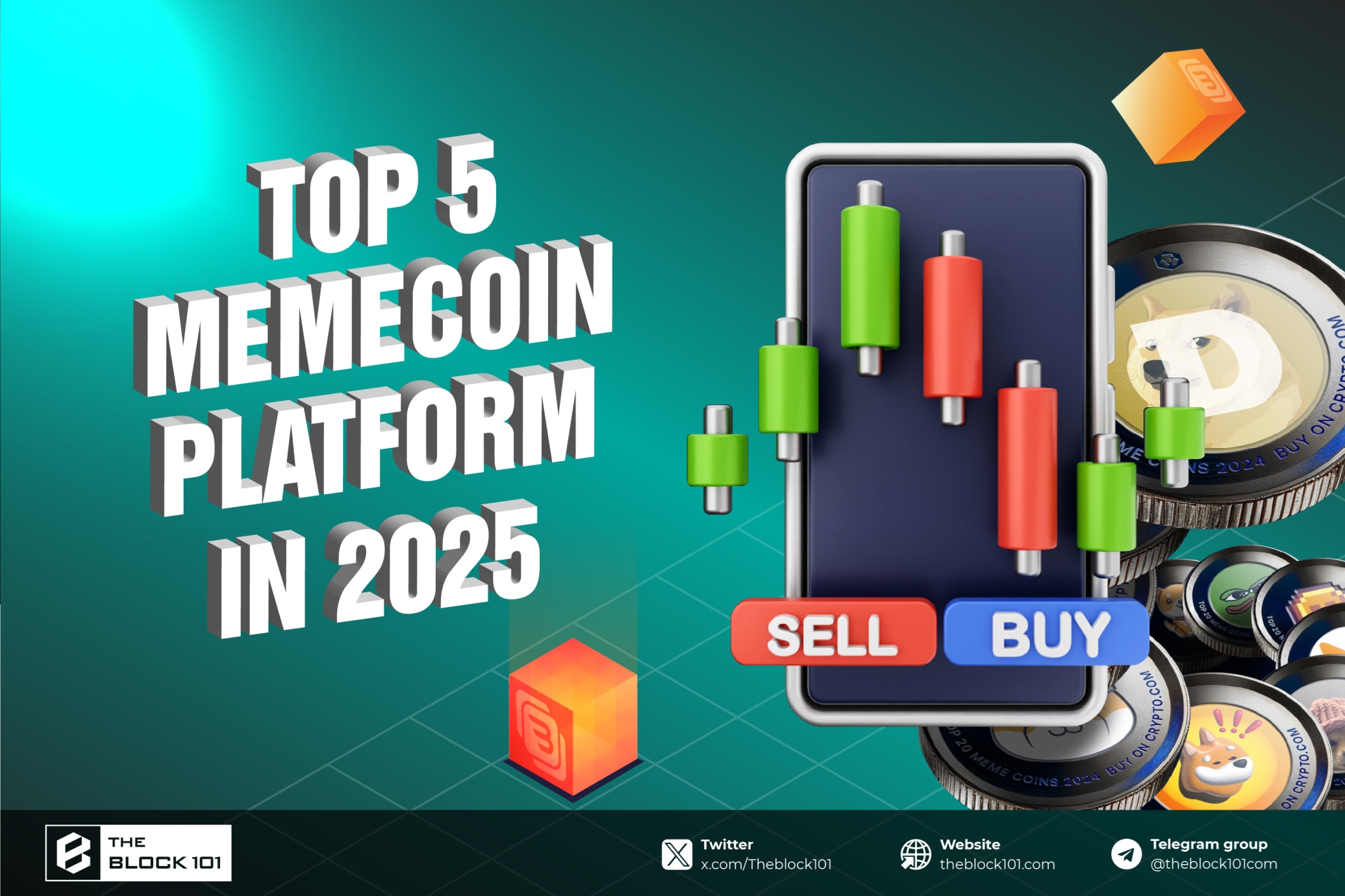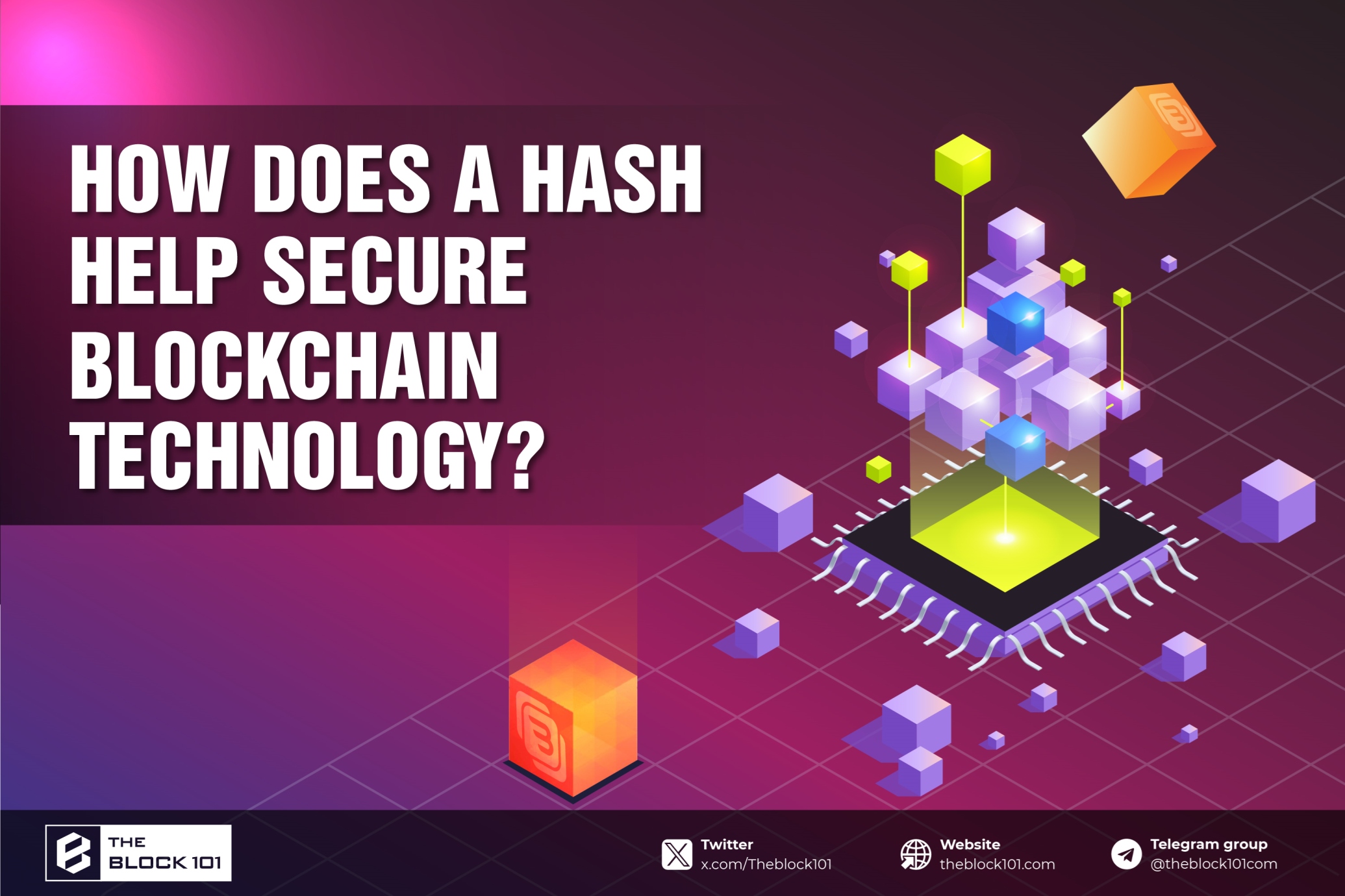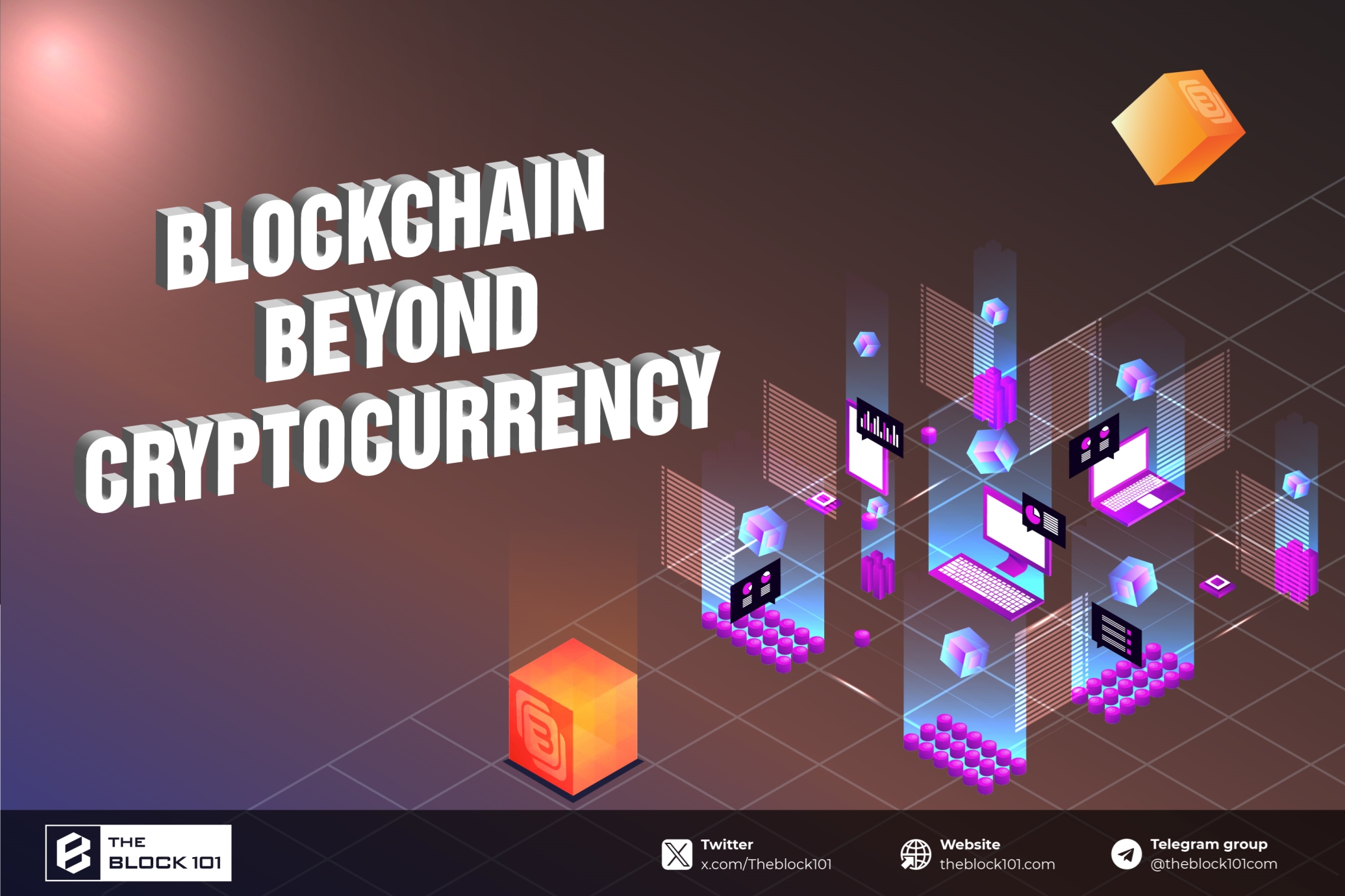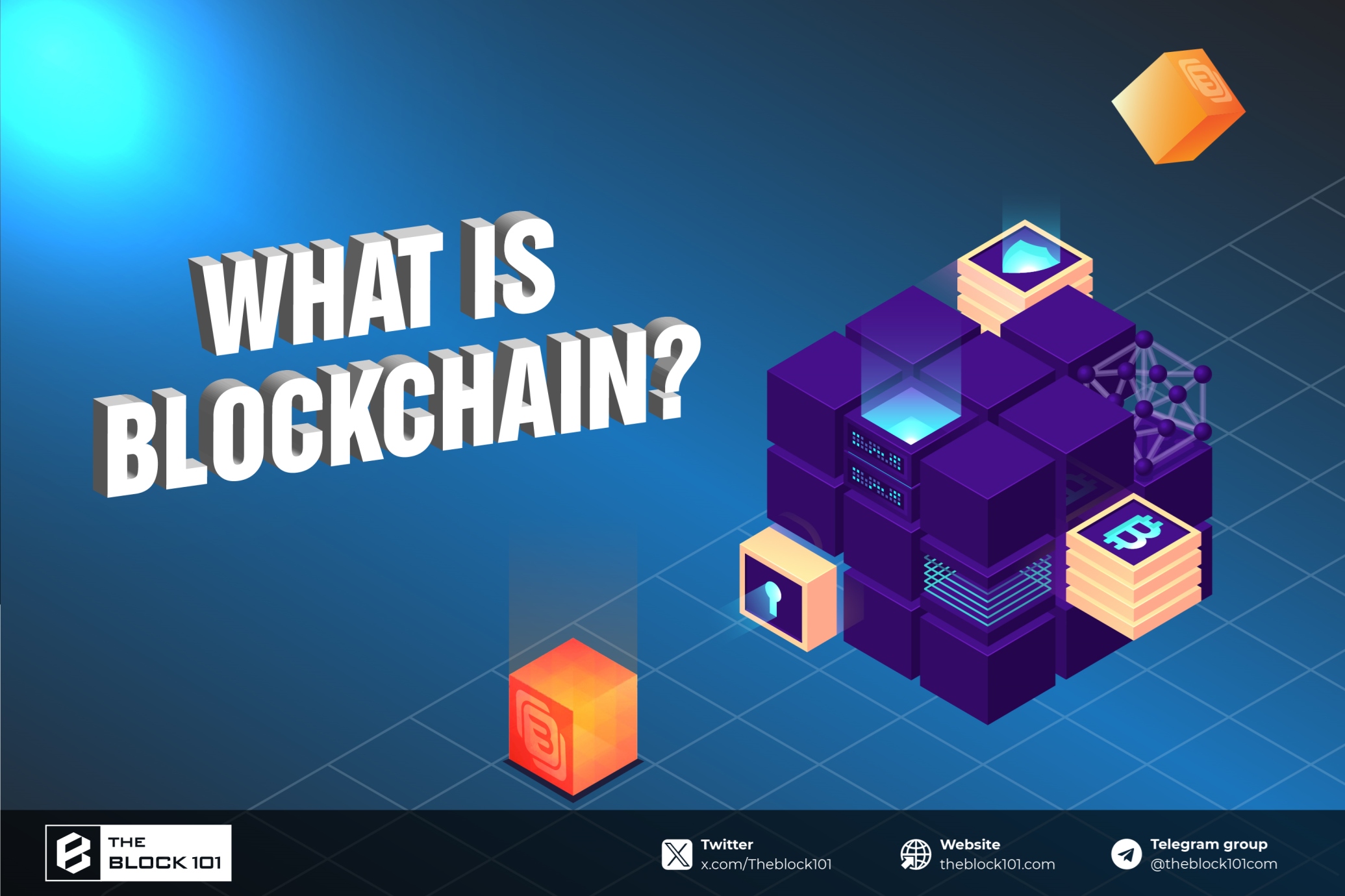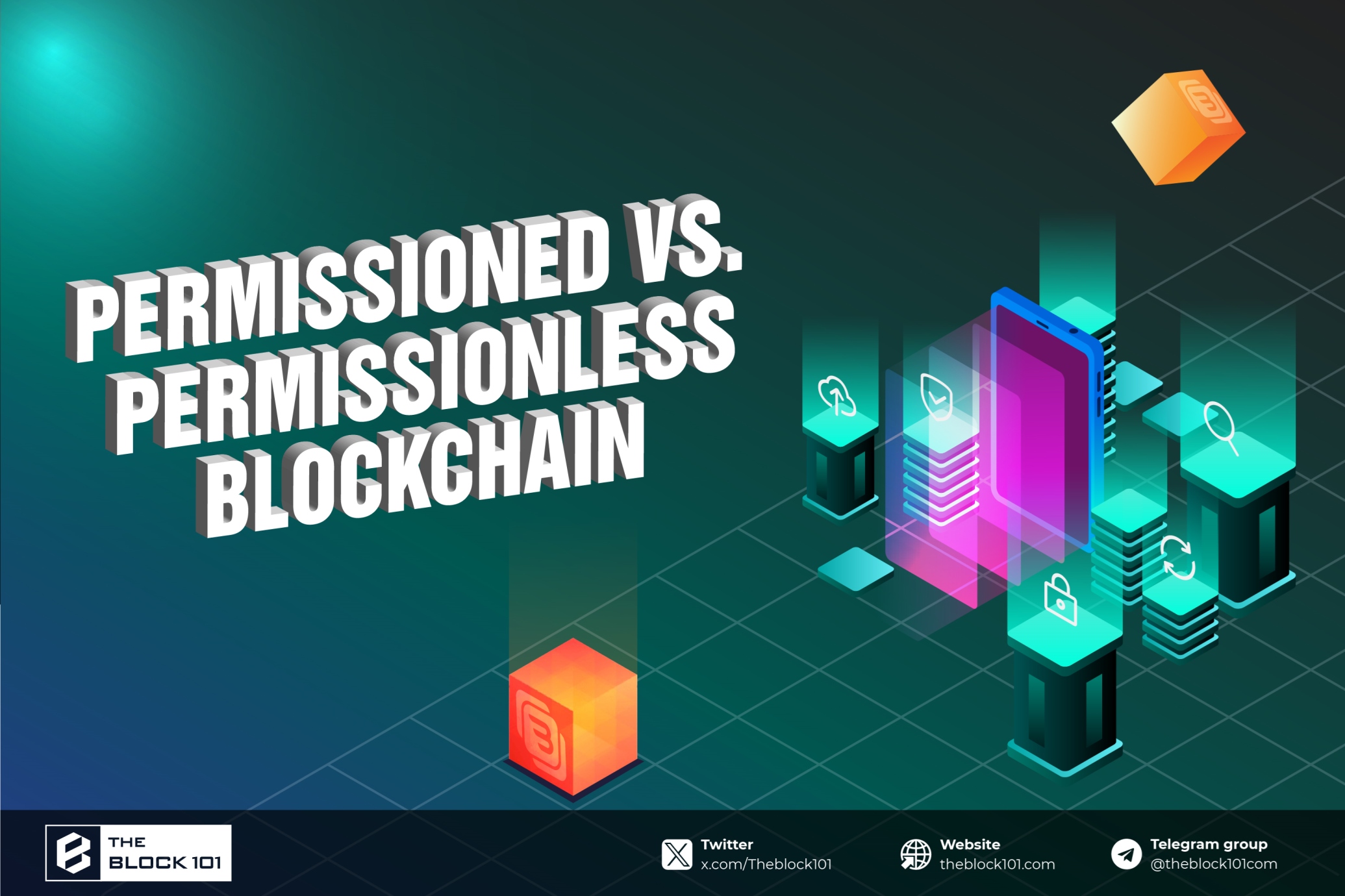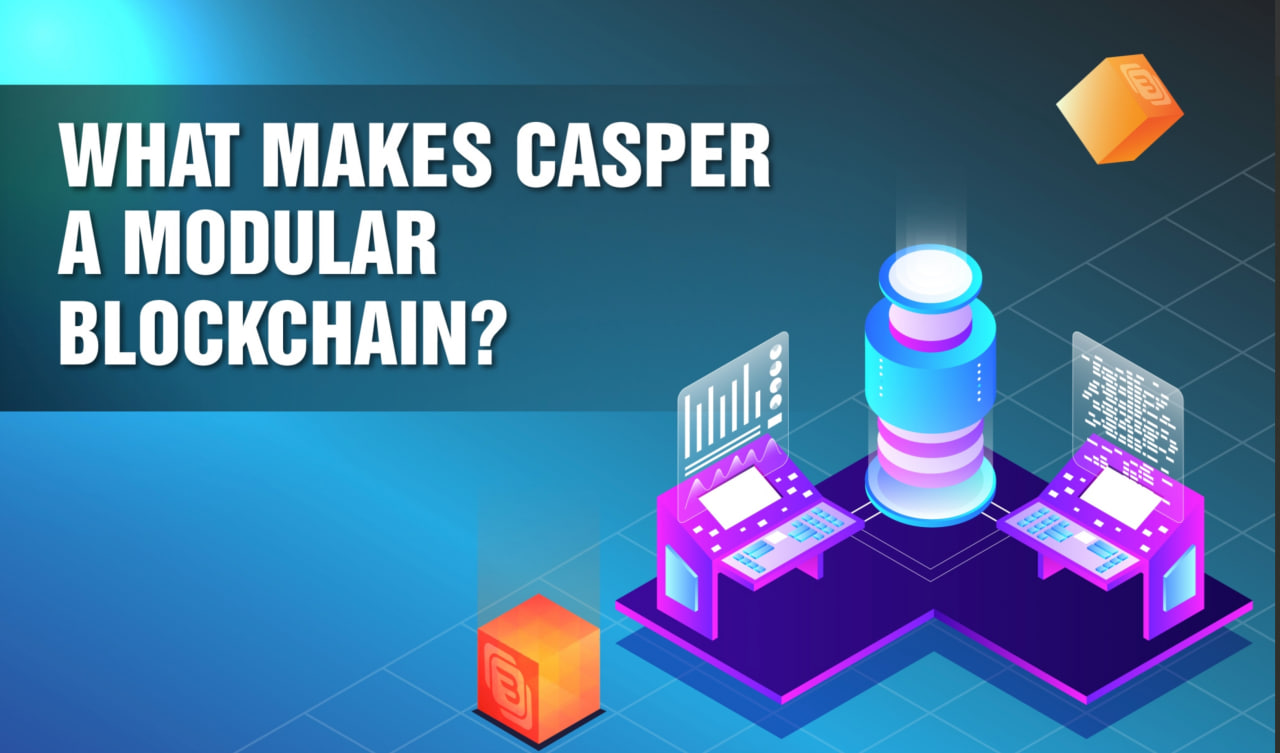1. The growing acceptance of Bitcoin
1.1. Bitcoin's journey to mainstream adoption
Bitcoin, the world's first and most well-known cryptocurrency, was created in 2009 by an anonymous entity known as Satoshi Nakamoto. It has been gaining traction as a legitimate form of payment over the past decade.
Initially, Bitcoin was viewed with skepticism and was primarily used within niche online communities. However, over the past decade, Bitcoin has gained significant traction and is now considered a legitimate asset by many financial institutions and investors.
The acceptance of Bitcoin by major corporations such as Tesla, Microsoft, and now Honda, further cements its position in the mainstream financial landscape. These endorsements not only validate Bitcoin's utility but also encourage wider adoption among consumers and businesses alike. The automotive industry, known for its innovation and adaptation of cutting-edge technology, is now beginning to explore the potential benefits of cryptocurrency.
1.2. Why is Honda embracing Bitcoin?
Honda's decision to accept Bitcoin is a strategic move aimed at catering to the evolving preferences of its customer base. It can be attributed to several factors:
Firstly, the company recognizes the growing popularity and acceptance of cryptocurrencies among consumers. By offering Bitcoin as a payment option, Honda can attract a new segment of tech-savvy customers who prefer to use digital currencies for transactions.
Secondly, Bitcoin offers a level of convenience and security that traditional payment methods may lack. Transactions conducted with Bitcoin are typically faster and more secure, reducing the risk of fraud and chargebacks. This can be particularly advantageous for high-value purchases such as vehicles.
Lastly, by embracing Bitcoin, Honda positions itself as an innovative and forward-thinking company. This move aligns with Honda's commitment to technological advancement and its willingness to explore new and emerging trends.
2. How do Bitcoin transactions work at Honda?
2.1. The process of paying with Bitcoin
To facilitate Bitcoin transactions, Honda has partnered with several cryptocurrency payment processors. These processors act as intermediaries, converting Bitcoin into fiat currency (such as USD, EUR, or JPY) at the current exchange rate. This ensures that Honda receives the exact amount in fiat currency, regardless of Bitcoin's price fluctuations.
The process of paying with Bitcoin at Honda is straightforward:
-
Select Bitcoin as payment method: During the checkout process, customers can choose Bitcoin as their preferred payment method.
-
Receive payment instructions: The customer is provided with a unique QR code and a Bitcoin address to which the payment should be sent. This information can be scanned or copied to initiate the transaction.
-
Confirm payment: Once the payment is sent, the transaction is verified on the Bitcoin network. This typically takes a few minutes, depending on network congestion.
-
Payment confirmation: Upon confirmation, the cryptocurrency payment processor converts the Bitcoin to fiat currency and transfers the funds to Honda.
2.2. Benefits for Honda and its consumers
Honda's acceptance of Bitcoin brings several benefits for both the company and its customers:
-
Expanded customer base: By accepting Bitcoin, Honda can attract a new segment of customers who prefer using cryptocurrency for their transactions. This includes tech enthusiasts, early adopters, and international buyers.
-
Enhanced security: Bitcoin transactions are secured by blockchain technology, reducing the risk of fraud and chargebacks. This ensures a safer payment environment for both Honda and its customers.
-
Lower transaction fees: Traditional payment methods often involve high transaction fees, especially for international payments. Bitcoin transactions typically have lower fees, making them a cost-effective option for both Honda and its customers.
-
Faster cross-border payments: Bitcoin enables fast and efficient cross-border transactions without the need for intermediaries. This is particularly beneficial for international customers looking to purchase Honda vehicles or services.
-
Brand innovation: By embracing Bitcoin, Honda demonstrates its commitment to innovation and staying ahead of industry trends. This move reinforces the brand's image as a forward-thinking and customer-centric company.
3. The impact on the automotive industry
3.1. A new era of payments
Honda's decision to accept Bitcoin is likely to have a ripple effect across the automotive industry. As a major player in the market, Honda's endorsement of cryptocurrency may encourage other automakers to explore similar payment options. This could lead to a broader acceptance of digital currencies within the industry, ultimately benefiting consumers and businesses alike.
3.2. Innovation and competition
The integration of Bitcoin into Honda's payment system also underscores the importance of innovation and adaptability in the automotive industry. As new technologies emerge, companies that are quick to adopt and integrate these advancements are better positioned to stay competitive. Honda's willingness to embrace cryptocurrency reflects its commitment to staying at the forefront of technological innovation.
3.3. Potential challenges and considerations
While Honda's decision to accept Bitcoin is a significant step forward, it is not without its challenges. Here are some potential considerations:
-
Volatility of Bitcoin: Bitcoin is known for its price volatility, which can pose a risk for both Honda and its customers. To mitigate this risk, Honda's partnership with cryptocurrency payment processors ensures that transactions are converted to fiat currency immediately, protecting both the company and the consumer from price fluctuations.
-
Regulatory environment: The regulatory landscape for cryptocurrencies varies across countries. Governments and regulatory bodies worldwide are still grappling with how to regulate digital currencies. Honda and other companies accepting Bitcoin must stay abreast of evolving regulations to ensure compliance.
-
Customer education: As Bitcoin is still relatively new to many consumers, Honda may need to invest in educating its customers about how to use Bitcoin for transactions. This includes providing clear instructions and support for Bitcoin payments.
-
Security concerns: While Bitcoin transactions are secure, there is always a risk of hacking or cyberattacks. Honda must implement robust security measures to protect its payment systems and customer data.
4. The future of cryptocurrency in the automotive industry
-
Increased adoption
Honda's acceptance of Bitcoin is likely just the beginning. As more consumers become familiar with and trust cryptocurrencies, the demand for digital payment options will continue to grow. This trend could extend beyond vehicle purchases to other aspects of the automotive industry, such as financing, insurance, and maintenance services.
-
Development of Blockchain technology
The underlying technology behind Bitcoin, blockchain, also holds significant potential for the automotive industry. Blockchain can be used to improve supply chain transparency, enhance vehicle security, and streamline processes such as title transfers and maintenance records. As the industry explores these applications, the role of blockchain in automotive operations is expected to expand.
-
Collaboration with Fintech
The intersection of the automotive and financial technology (fintech) sectors presents exciting opportunities for collaboration. Automakers like Honda can partner with fintech companies to develop innovative payment solutions, loyalty programs, and financial services that leverage cryptocurrencies and blockchain technology. These collaborations can drive further advancements and provide consumers with enhanced experiences.
5. Frequently Asked Questions (FAQs)
Q1. How do I pay with Bitcoin at Honda?
Customers can select Bitcoin as their payment method at the checkout, scan the generated QR code with their Bitcoin wallet app, and confirm the payment.
Q2. Are there any additional fees for paying with Bitcoin?
Bitcoin transactions typically have lower fees compared to traditional payment methods, especially for international payments.
Q3. Is it safe to pay with Bitcoin?
Yes, Bitcoin transactions are secured by blockchain technology, reducing the risk of fraud and chargebacks. Honda also implements robust security measures to protect its payment systems and customer data.
Q4. Can I get a refund if I pay with Bitcoin?
Refund policies for Bitcoin payments are determined by Honda. Customers should check Honda's official website or contact customer support for detailed information on refunds.
Q5. Will other automotive companies accept Bitcoin?
Honda's acceptance of Bitcoin is likely to inspire other automotive companies to explore cryptocurrency payment options. As the adoption of Bitcoin continues to grow, more manufacturers may integrate digital currencies into their payment systems.
6. Conclusion
Honda's decision to accept Bitcoin marks a pivotal moment in the convergence of the automotive and cryptocurrency industries. This move not only enhances the customer experience but also positions Honda as a leader in embracing new technologies. As more consumers and businesses recognize the advantages of Bitcoin, the integration of digital currencies into mainstream commerce is set to accelerate.
By accepting Bitcoin, Honda is not only meeting the evolving preferences of its customers but also setting a precedent for other companies to follow. The future of the automotive industry is undoubtedly intertwined with the growth of cryptocurrency, and Honda's bold move is a testament to the exciting possibilities that lie ahead.
Read more:

 English
English Tiếng Việt
Tiếng Việt.jpg)

